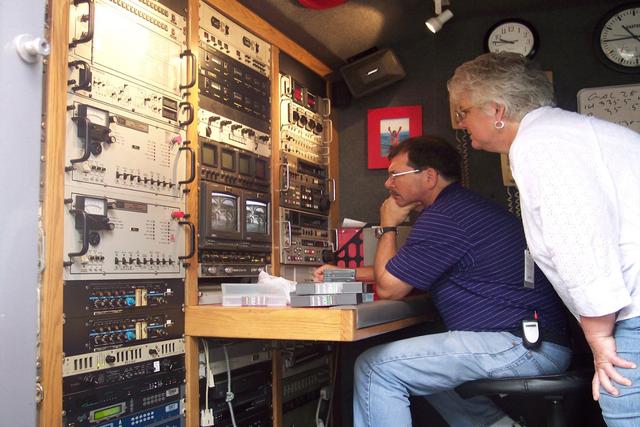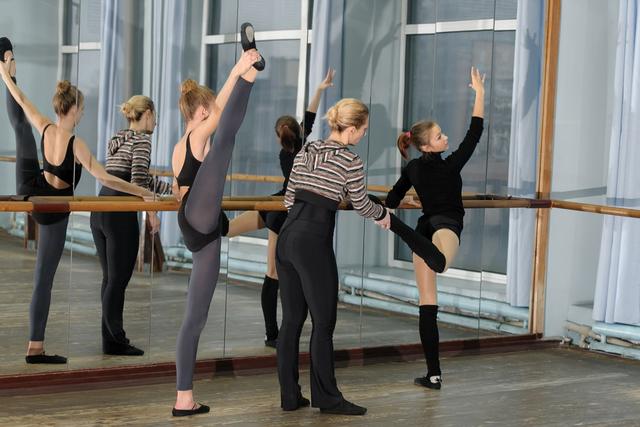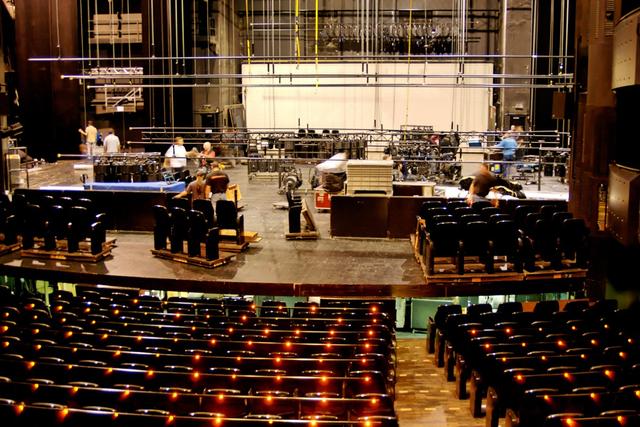Composers and Arrangers
Overview
Introduction
Composers create much of the music heard every day on radio and television, in theaters and concert halls, in the movie industry, on recordings and in advertising, on the Internet, and through any other medium of musical presentation. They write symphonies, concertos, and operas; scores for theater, television, and cinema; and music for musical theater, recording artists, and commercial advertising. Composers may combine elements of classical music with elements of popular musical styles such as rock, jazz, reggae, folk, and others....
Quick Facts
Median Salary
Employment Prospects
Minimum Education Level
Experience
Skills
Personality Traits
Earnings
A few composers make huge annual incomes, while many make little or nothing. Some make a very large income in one or two years and none in succeeding years. While many composers receive royalties on repeat performances of their work, most depend on commissions to support themselves. Commissions vary widely according to the work and the industry for which the work will be performed. The U.S. Dep...
Work Environment
The physical conditions of a composer’s workplace can vary according to personal taste and what is affordable. Some work in expensive, state-of-the-art home studios, others in a bare room with an electric keyboard or a guitar. An aspiring composer may work in a cramped and cluttered room in a New York City tenement or in a Hollywood ranch home.
For the serious composer the work is likely...
Outlook
Employment for music directors and composers is projected to increase by 3 percent from 2023 to 2033, according to the U.S. Department of Labor (DOL). This is about as fast as the average for all careers. The DOL says that "there will likely be a need for composers to write original music and arrange known works for performances. Composers will be needed as well to write film scores and music f...




































































